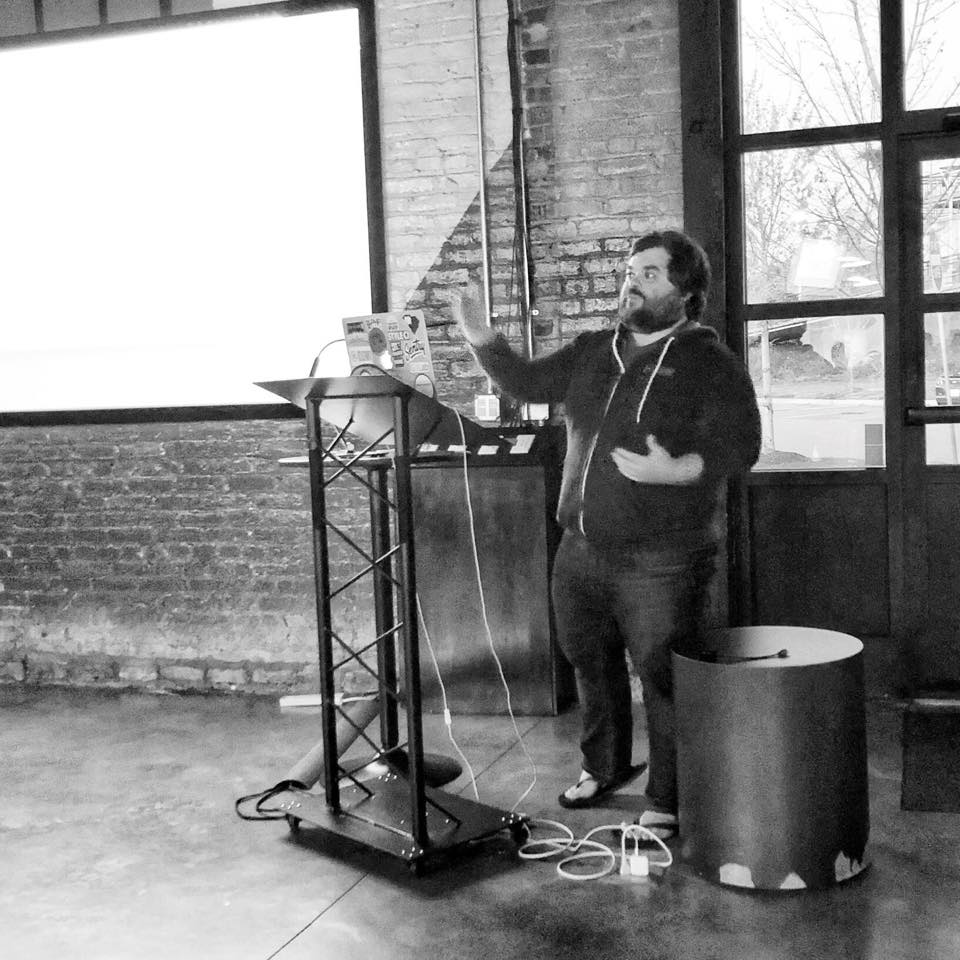
Using Trusted Proxies with Signed URLs in Laravel
Matt Trask • February 12, 2021
Read Time: 1 mins
laravel programmingI ran across this issue today and it's definitely one of those things that I, and maybe others, will run into again.
As of Laravel 5.5, there is a middleware in the HTTP stack called TrustProxies.php that allows you to set a list of trusted proxies. The magic of this is that the framework will automagically map the allowed proxies in your list (can either be an array or a string set on the property) to the X-Forwarded-* header in the request. Pretty neat stuff!
One thing I just ran into is the app I am currently working on uses the Laravel URL Generator to build a signed url for users registered by an admin to be able to create a password to sign in. I ran into an issue where every attempt at opening the signed url resulted in Laravel throwing a 403. I wasn't totally sure why until I realized the request was being made through Ngrok and because the url isn't something Laravel expects, the framework returns a 403.
The way around this is to use the TrustProxies class and set the protected $proxies = '*'; so that way as you are testing your signed routes with Ngrok, the framework will not 403 and let you continue on with your work.
A heads up though! The * value, or better spoken as the Death Star value will let anything get attached to the X-Forwarded-* header. So while it is great for testing, make sure you disable it before pushing your code to a staging or prod environment.
